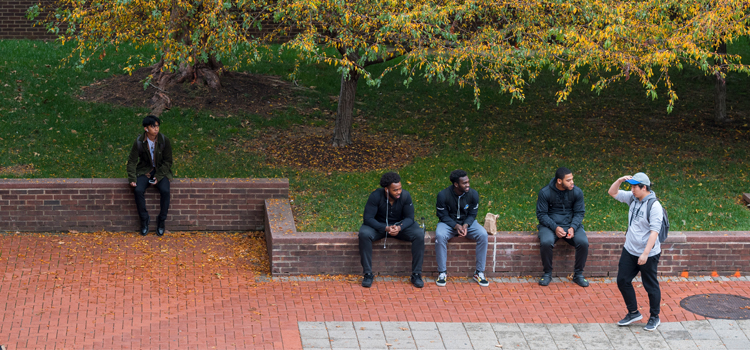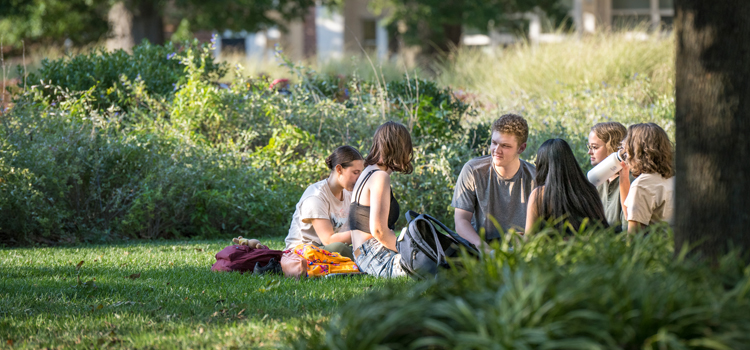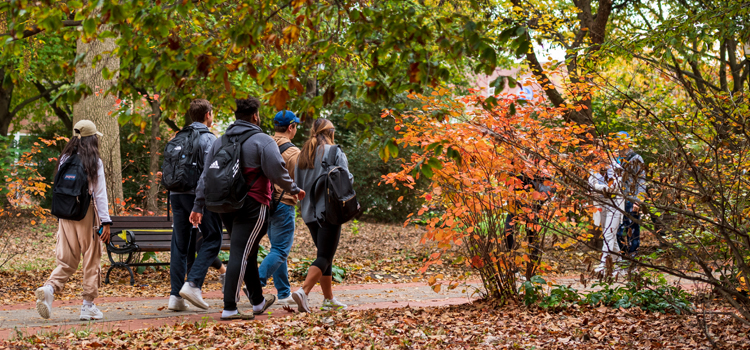
Conflict Resolution

Conflict Resolution
Community Standards & Conflict Resolution (CSCR) can assist students who are experiencing conflict with other students. These conflicts would not, in most instances, involve a violation of University policy (violations would be resolved through the formal conduct process). The alternative resolution processes listed below are appropriate for conflicts interfering, in some way, with a student’s wellbeing and overall success. By working with CSCR, the student can remove or lessen the stress associated with the conflict and be better connected with the University community and their primary role as a student.

Conflict Coaching
1:1 Coaching through Conflict
Conflict coaching is a meeting between an individual student and a CSCR staff member to discuss an interpersonal conflict, explore conflict management styles, discuss pervious attempts at addressing the issue and collaboratively generate resolution options.
Ideal student participants are:
- Willing to engage in prep work.
- Self-aware of their involvement within the conflict.
- Seeking to repair a relationship independently.
- Open minded to goal setting and new ideas.
- Responsive to communication with CSCR staff in a timely manner.
- Seeking to manage an interpersonal conflict un-related to roommate conflicts within the residence halls. Contact a Residence Life Staff member for assistance with these issues.

Facilitated Dialogue
Two Parties, Multi-Partial Mediator
Facilitated dialogue involves a structured conversation facilitated by a CSCR staff member, where two or more students involved in interpersonal conflict come together to gain a deeper understanding of others’ perspectives within the conflict. During the conversation, students have the opportunity to explore potential agreements and work towards a resolution.
Ideal student participants are:
- Willing to engage in prep work, active listening, and participation.
- Self-aware of their involvement within the conflict.
- Seeking to work with others involved in the conflict to reach agreed upon outcomes.
- Open minded to goal setting and new ideas.
- Responsive to communication with CSCR staff in a timely manner.
- Seeking to manage an interpersonal conflict un-related to roommate conflicts within the residence halls. Contact a Residence Life Staff member for assistance with these issues.

Restorative Practices
Conferences
A restorative justice conference is a voluntary structured meeting which provides a way to engage with those who caused and experienced harm. This provides a space to discuss the incident and consequences, and ways to repair the harm. A restorative conference includes a structured outcomes plan created together with all parties involved (taken in part from the International Institute for Restorative Practices).
Ideal student participants are:
- Willing to engage in prep work, active listening, and participation.
- Willing to accept responsibility for harm caused and/or self-aware of their involvement within the conflict.
- Seeking to work with others involved in the conflict to reach agreed upon outcomes.
- Open minded to goal setting and new ideas.
- Responsive to communication with CSCR staff in a timely manner.
For more information, to discuss options in more detail or to schedule a meeting, contact CSCR.
Community Standards & Conflict Resolution is part of the Division of Student Life, which advances equity and inclusion, deepens student learning and drives holistic development through education, experiences and communities.
